Job-focused learning program
Helping people learn new skills in a changing economy
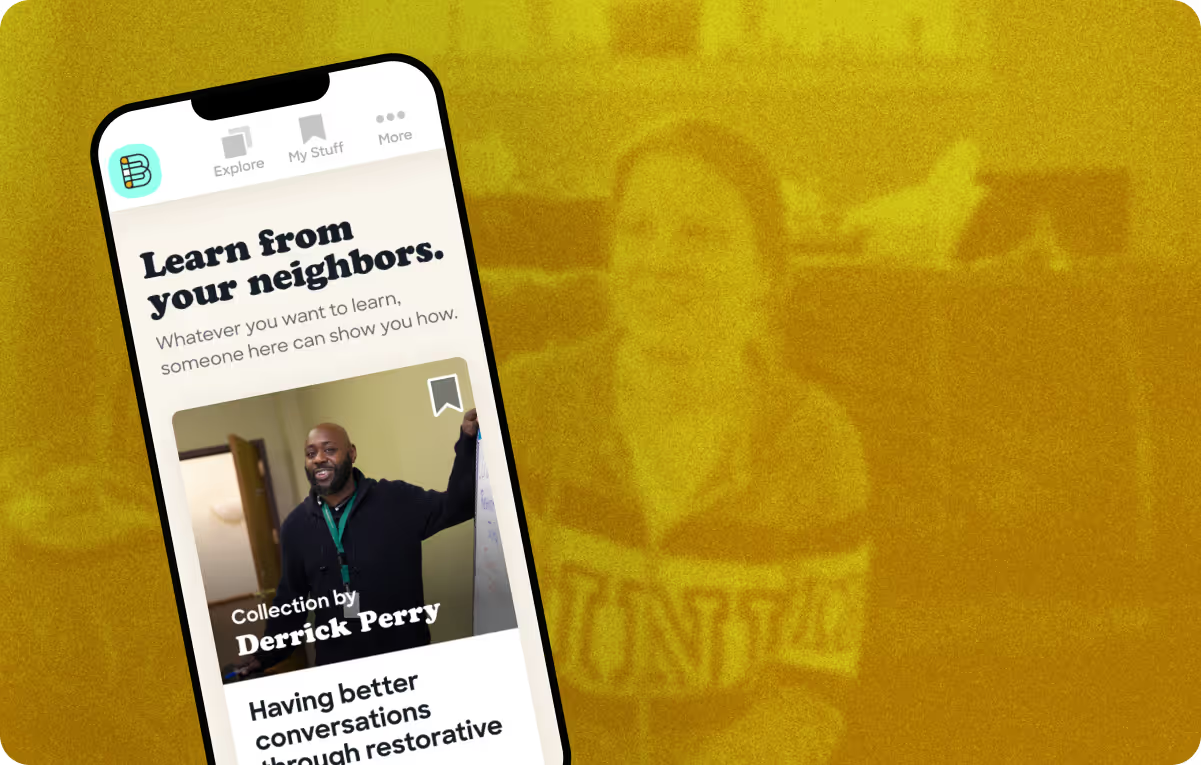
Helping people learn new skills in a changing economy

Partner
My role
IDEO project Team
To succeed in today’s knowledge economy means you can never stop learning. Studies predict that while as many as 85 million jobs may be displaced by automation by 2025, 97 million new ones may emerge. Employers seem to demand new skills faster than Americans can acquire them, leaving many behind.
The City of South Bend library partnered with the Drucker Institute and IDEO to that helps their working class patrons adapt to a turbulent economy.
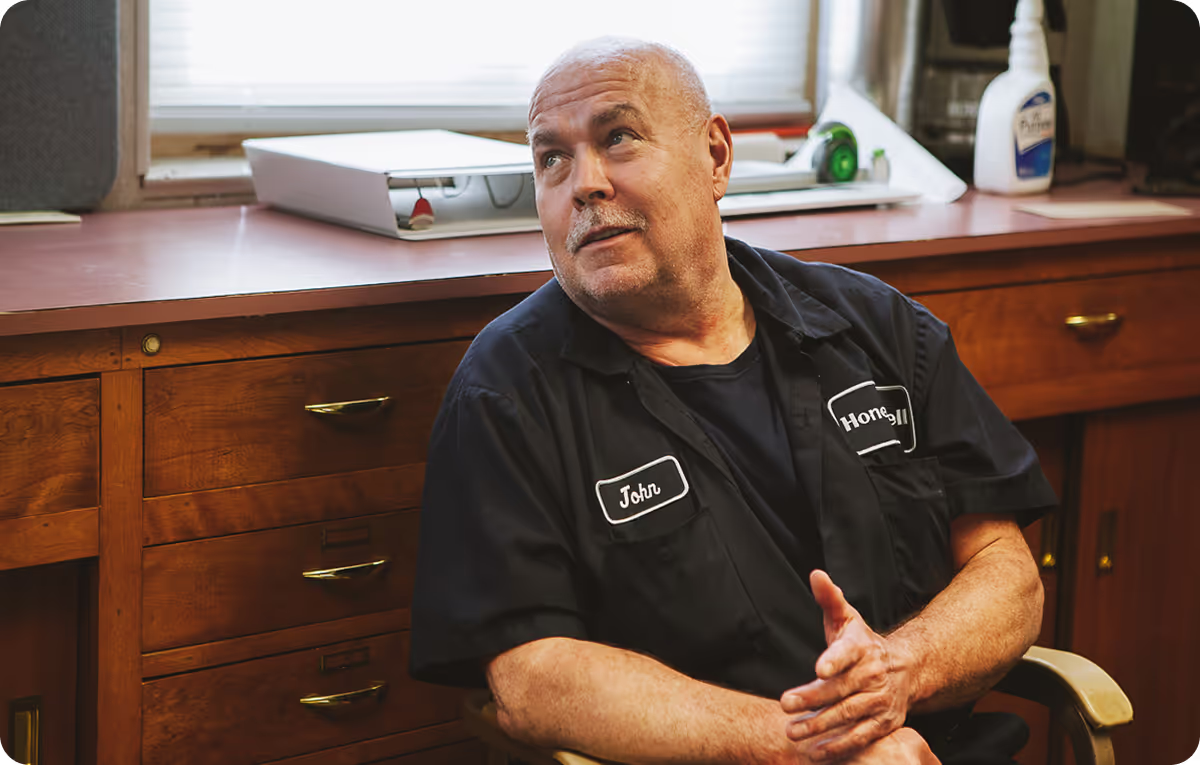
Early stage research interviews with patrons and employers were focused on understanding user needs to generate product ideas.
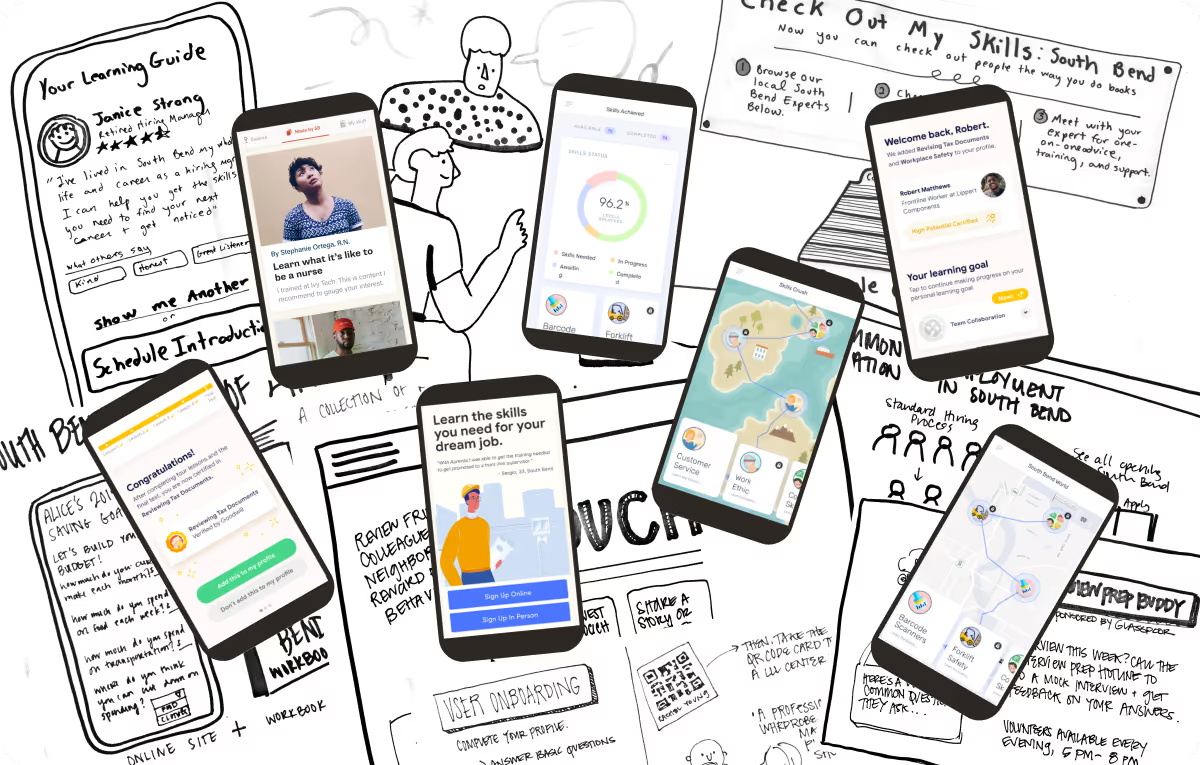
I made paper prototypes to get initial feedback from residents and employers. Later, I made high-fidelity clickable prototypes to test more refined product ideas. I collaborated closely with my product manager to prioritize the most pressing product questions.
Most of the residents we spoke with weren’t super comfortable using smartphones or computers. We explained how to accept and troubleshoot taking mobile payments. Residents found the prototypes with trends in education technology, like gamification or animated videos, more condescending than helpful for learning something new. In the words of one resident, those features insulted people who “aren’t taken seriously enough to begin with.”
The sources that patrons did trust? Real people in their community. One patron told us, “So many people here are untapped resources.” Patrons felt they had so much to learn from each other, yet were disconnected. To deliver an educational product that worked for them, we knew we needed it to be radically easy to use, and be more about showcasing their own knowledge than pushing flashy content.
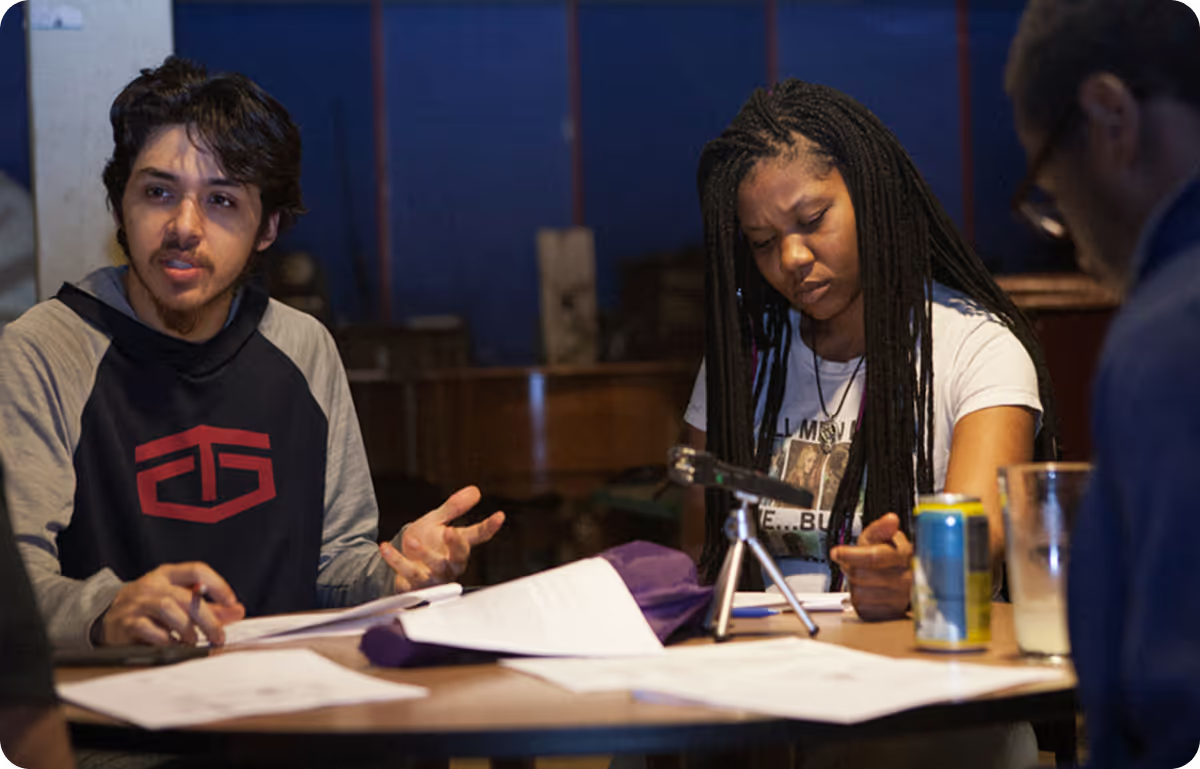
I equipped residents to lead biweekly design feedback sessions with their peers. I structured the sessions and incorporated their feedback into actionable insights and a new round of prototypes.
Bendable is personal playlists of favorite learning resources (classes, TED Talks, podcasts, books, etc.) on a particular subject put together by South Bend residents.
Since launch, over 75,000 people have used Bendable. It’s available in over 80 libraries across the U.S, and is being used in workforce development pilots in places like western Tennessee and San Diego County. It also received an Anthem Webby Award for social impact in 2024.
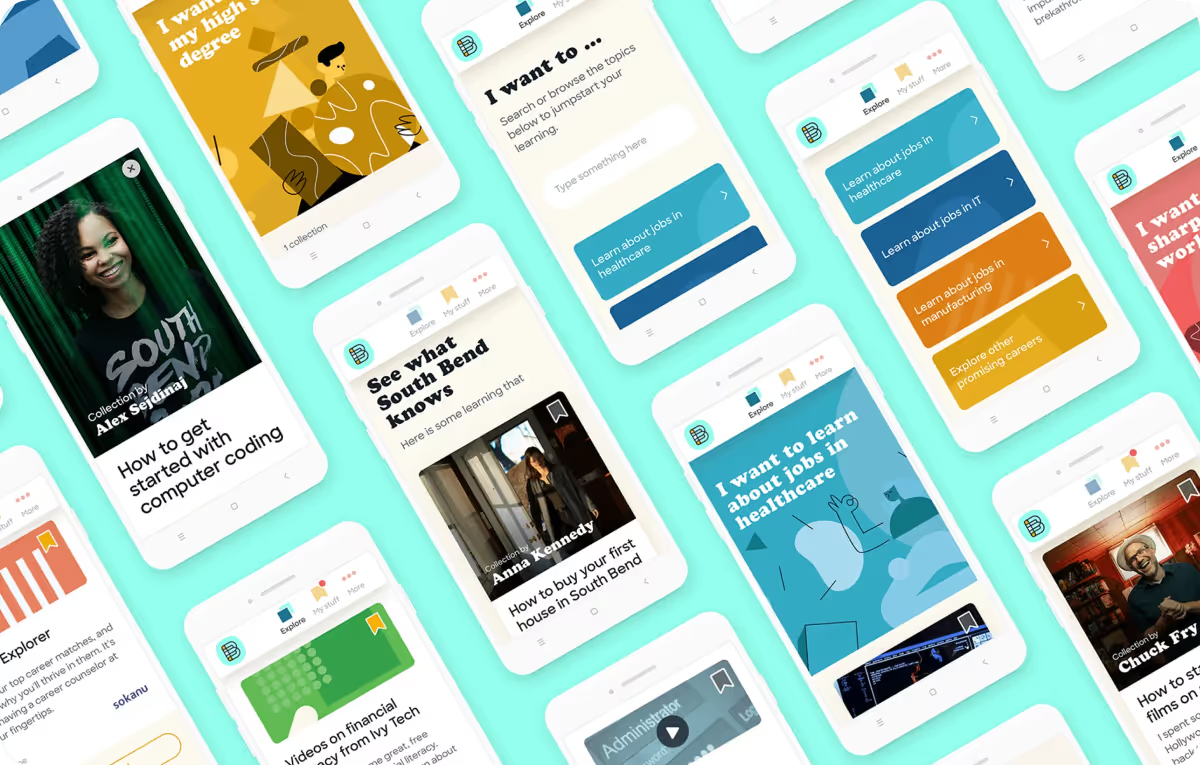
I collaborated with staff at the St. Joseph County Public Library in South Bend to recruit and curate collections with residents. The playlists included at launch covered subjects ranging from navigating the public school system and having healthier conversations.